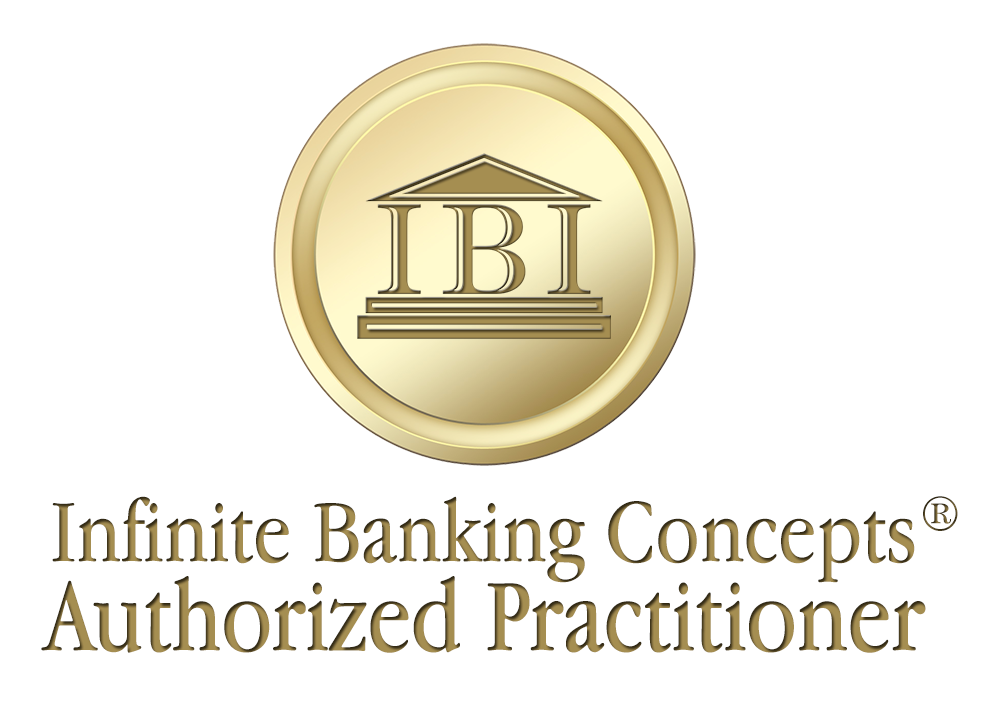This post is not to debate whether taxing the rich is right or wrong, because whether it is right or wrong does not change the fact that we live in a world with taxation. The purpose instead, is to try and define who is considered “rich” by today’s standards and dollar values.
When the 16th amendment was hotly debated and then finally passed in 1913, the overriding message was that the new income tax would only ever affect the rich. I am not 100% sure the word “ever” was included in the discussion, but that is the way most Americans then and now believe the tax system works. Americans believe the “rich” are somebody other than themselves.
In 1913 and for number of years afterwards, the tax exemption for married filers was $4,000. In order to pay any taxes at all, you had to make at least $4,001 and then pay 1% of every dollar you made over $4,000 up to $20,000 (the lowest tax bracket). Not many Americans made that much money in 1913.
Maybe an example would be helpful. Assume you and your spouse made $18,000 in 1913. Your tax bill was (18,000-4,000) x 0.01 = $140. It appears that less than 1% of the population paid any income tax in the early years, i.e. only the “rich” paid. Within only a few years however, the income tax became the federal government’s chief source of income and greatly exceeded tariff revenues. Sounds like the intended purpose of the new income tax solved a lot of problems the government was having.
Are the rich 1% still only Americans paying taxes? To answer that question, we need to look at tax exemptions and the value of the dollar through time – as in 104 years worth of time. According to the Bureau of Labor Statistics, the dollar experienced an average inflation rate of 3.13% per year from 1913 to 2017. This means you need $24.66 today to purchase the same amount of goods and services as $1 purchased in 1913.
Remember, no one was required to pay any taxes in 1913 unless they earned more than $4,000 because the exemption was $4,000. For married people filing jointly, the exemption for 2017 is $12,500. Here is the problem: $4,000 in 1913 is the equivalent to $98,631 in 2017. The official exemption is 12.67% of what it should be if the exemption was kept at the level originally promoted. What is the unintended (or perhaps intended) consequence? More people are defined as “rich” and therefore must pay taxes on all their “riches.”
In addition to the increased numbers of people being subject to taxation, is the amount people are paying. In 1913, when you earned more than the $4,000 exemption, you only had to pay 1% in taxes on those excess dollars. Today though, the least amount you will pay on dollars in excess of the exemption is 10%. Translation: many more people are paying much more in taxes.
Since the so-called tax cut in the 1980s, the tax rates have not changed. The reality is tax revenues have gone up. How you ask, if the rate hasn’t changed? By eliminating the tax deductions Americans can claim on their filings. The reason for this is the government’s insatiable need for more revenue.
And so the search for revenue continues….
To get more revenue the government needs more people to pay taxes which means more people need to be classified as “rich.” Assume for a moment you are my employee. If I give you any benefit over $25 it is considered “soft-income.” Is “soft-income” taxable? Absolutely it is. You are now “rich.” Oh and beware, the IRS considers it tax evasion if you do not report this income.
What about minimum wage earners? Are they considered “rich?” If what is going on in Canada is any indication of what is coming to the US, then yes if you earn minimum wage you are classified as “rich” because you must pay taxes. For example, when an employee, any employee, receives any sort of a discount on merchandise or a free meal because of their employment, the value of the discount is to be included in the employee’s income and therefore taxed. Sounds like the minimum wage earners are being classified as “rich.”
The hunt for taxes is just going to get worse until the people rise up, as they have done before, and start yelling the same words: “No taxation without representation!” Politicians are doing the same thing with their arrogance that sparked the French Revolution: increasing taxes until the standard of living was so low people could no longer survive. The response of the government was “let them eat cake” which didn’t not sit very well with the commoner. Those exact words were not really spoken – it was the rumor attached to Marie Antoinette – but the attitude and result was the same regardless.
A few questions to consider:
1) If you are defined as “rich” how much more will finally convince you it is time to get serious about finding legal ways to reduce your tax burden?
2) If you are not defined as “rich,” or in other words if you do not pay any income tax, how long before inflation and law changes will define you as “rich”?
3) Will tax rates be going up or down in the future?
4) If you believe the answer to #3 is up, why aren’t behaving in a way to protect yourself?



